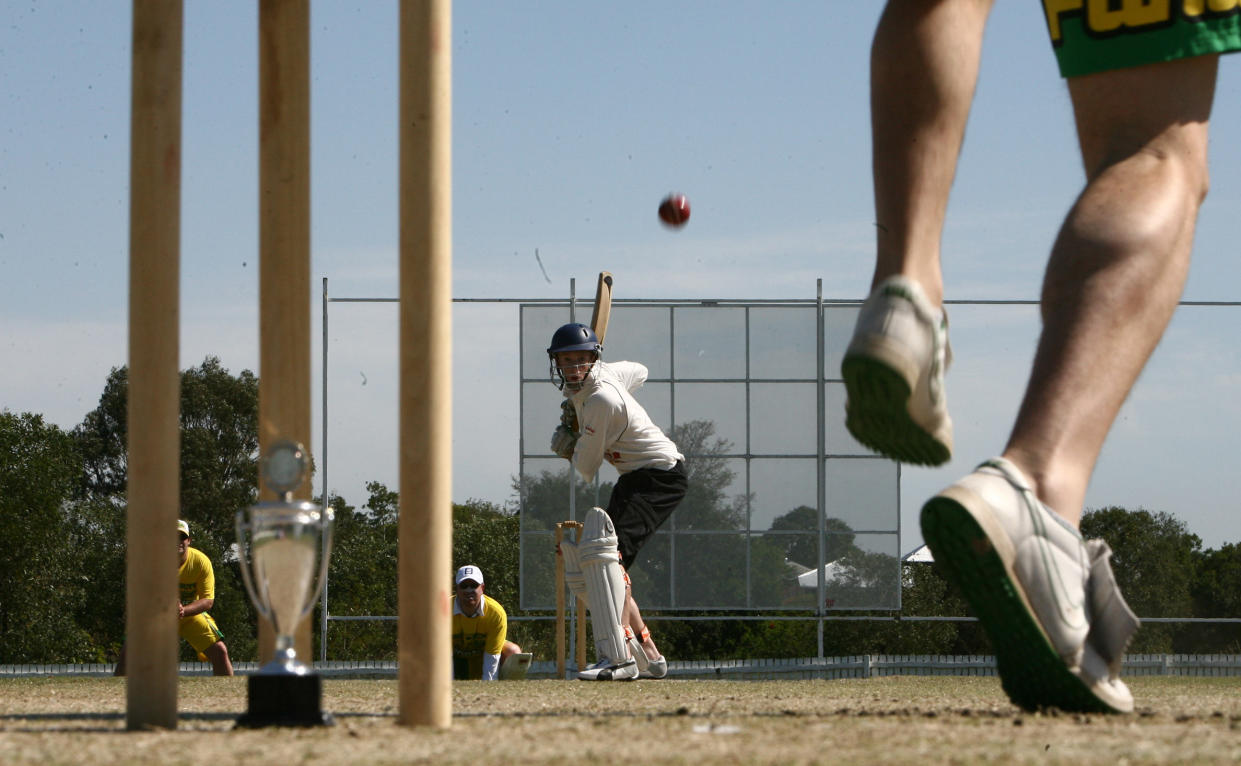Study links private education with sporting success

A new study exploring social mobility has found links between educational background and successful careers in certain sports.
Elitist Britain 2019, a joint project between social mobility charity The Sutton Trust and the Social Mobility Commission, looked at the educational backgrounds of Britain’s elite across a broad range of sectors.
With regard to sporting success, the report found that 43% of male professional cricketers were privately educated, placing them amongst the top 10 professions for independent school attendance in the country.
Similarly, 35% of female cricketers attended independent schools.
In contrast, football took the top two positions in the country with the lowest private school attendance with just 5% of male players and 2% of female players having attended fee-paying schools.

READ MORE: Gossip - Man United ‘reject Pogba-Neymar swap’ and more
READ MORE: Bronze - We want to push women’s game forward
Men’s rugby also saw high numbers with 37% attending private schools. In stark contrast, however, only 13% of female players were privately educated.
When it comes to Olympic sports, despite the wide range of backgrounds and disciplines, 31% of Team GB medal winners from the most recent games in Rio attended private school.
University education was higher among women, largely due to the greater challenges of making it professionally and lesser financial rewards, meaning obtaining qualifications is more desirable.
The study attributes historical, social and socio-economic factors to the continuing divide, in particular accessibility and funding.
“The impact of local authority funding cuts on sporting facilities, including the selling off of publicly accessible playing fields, has also been identified as limiting access to sport.”
Featured from our writers

 Yahoo News
Yahoo News 
